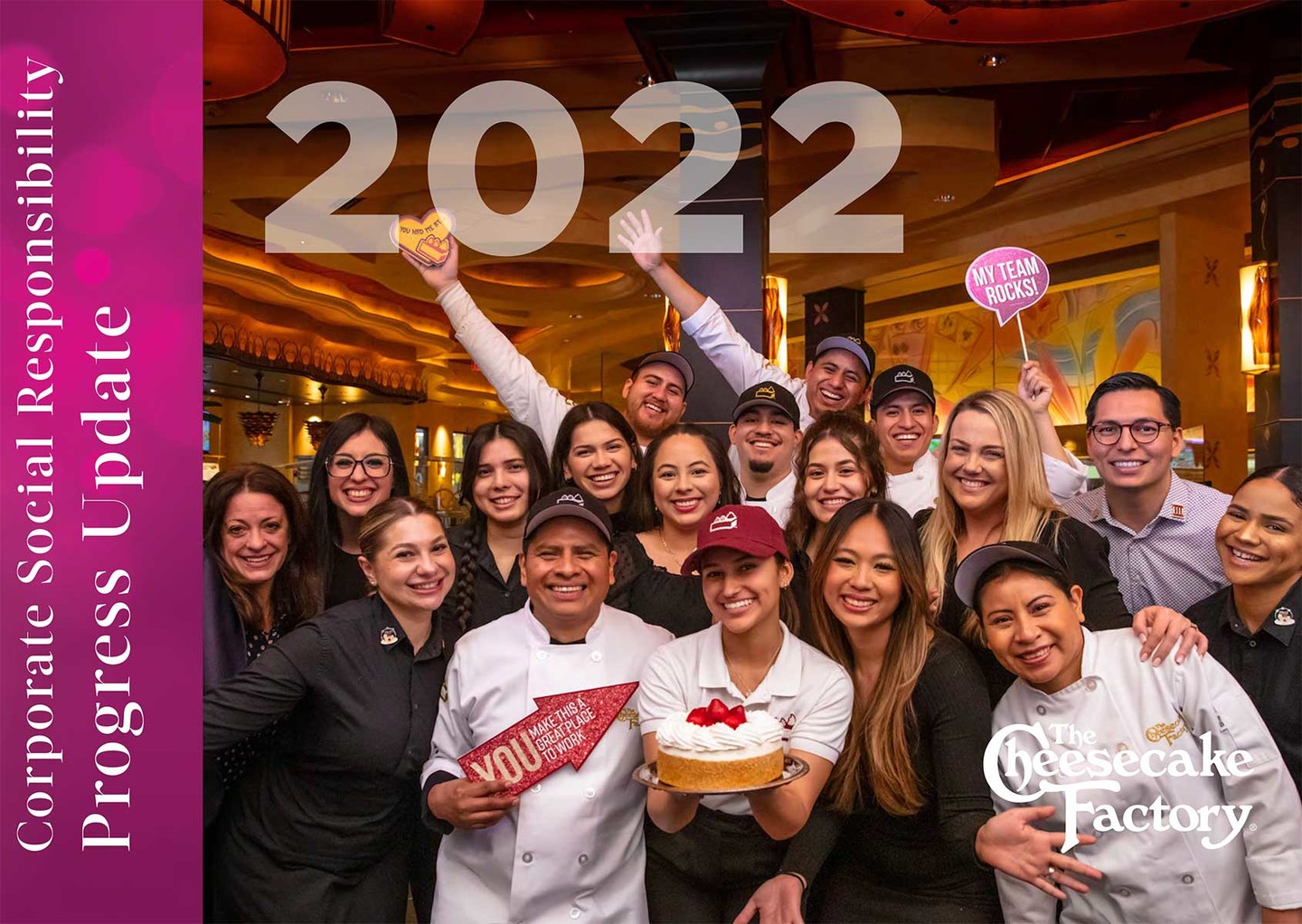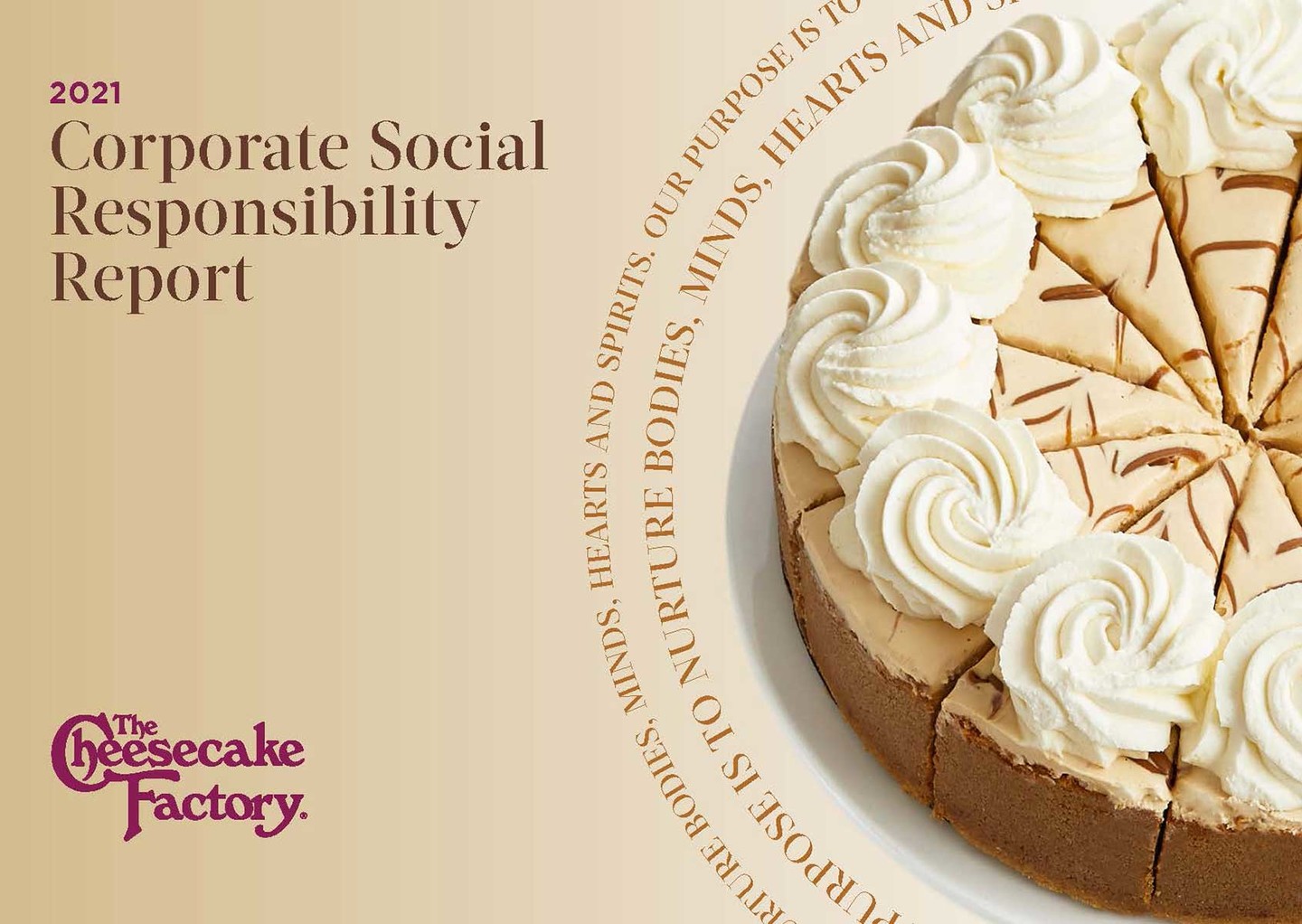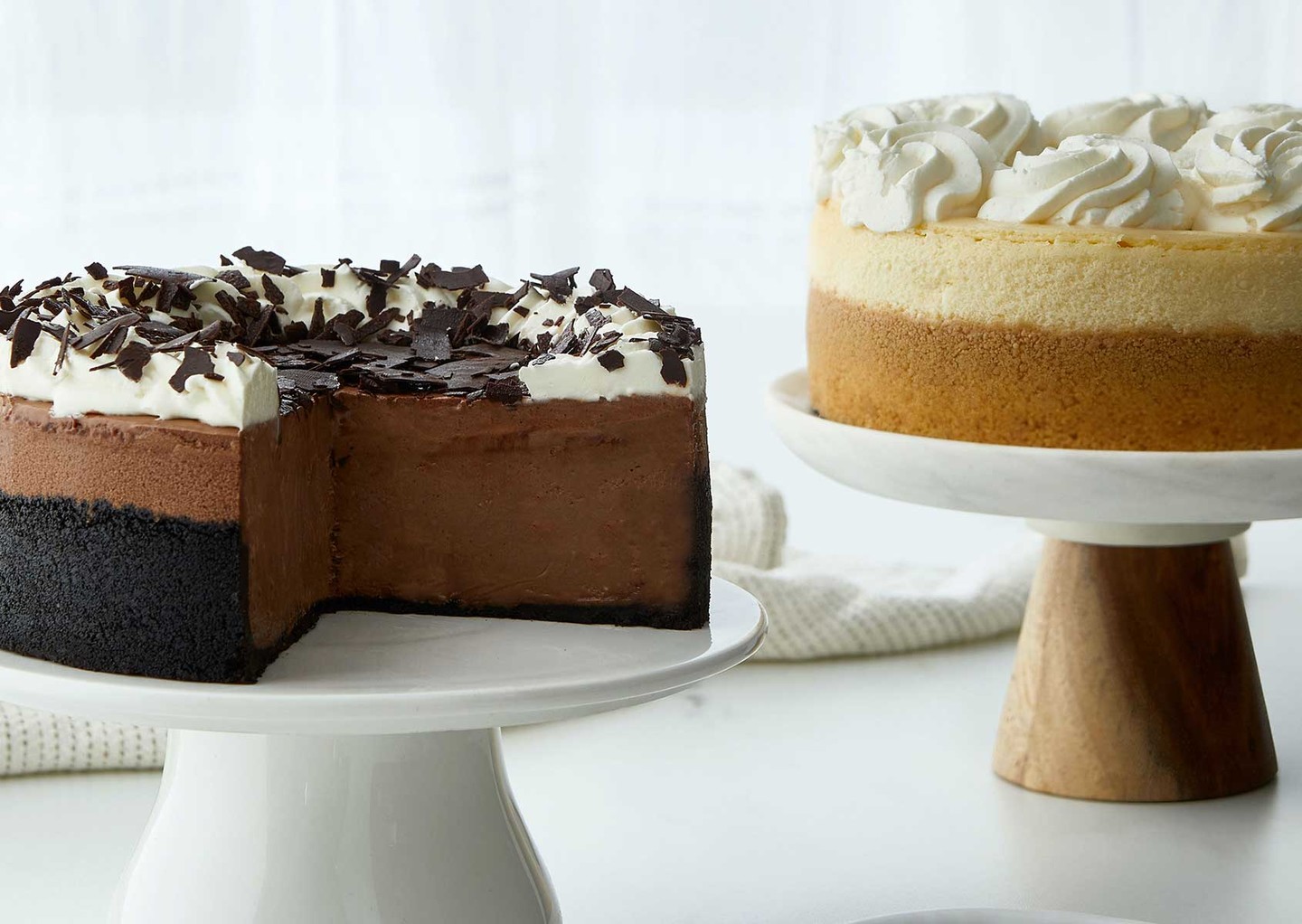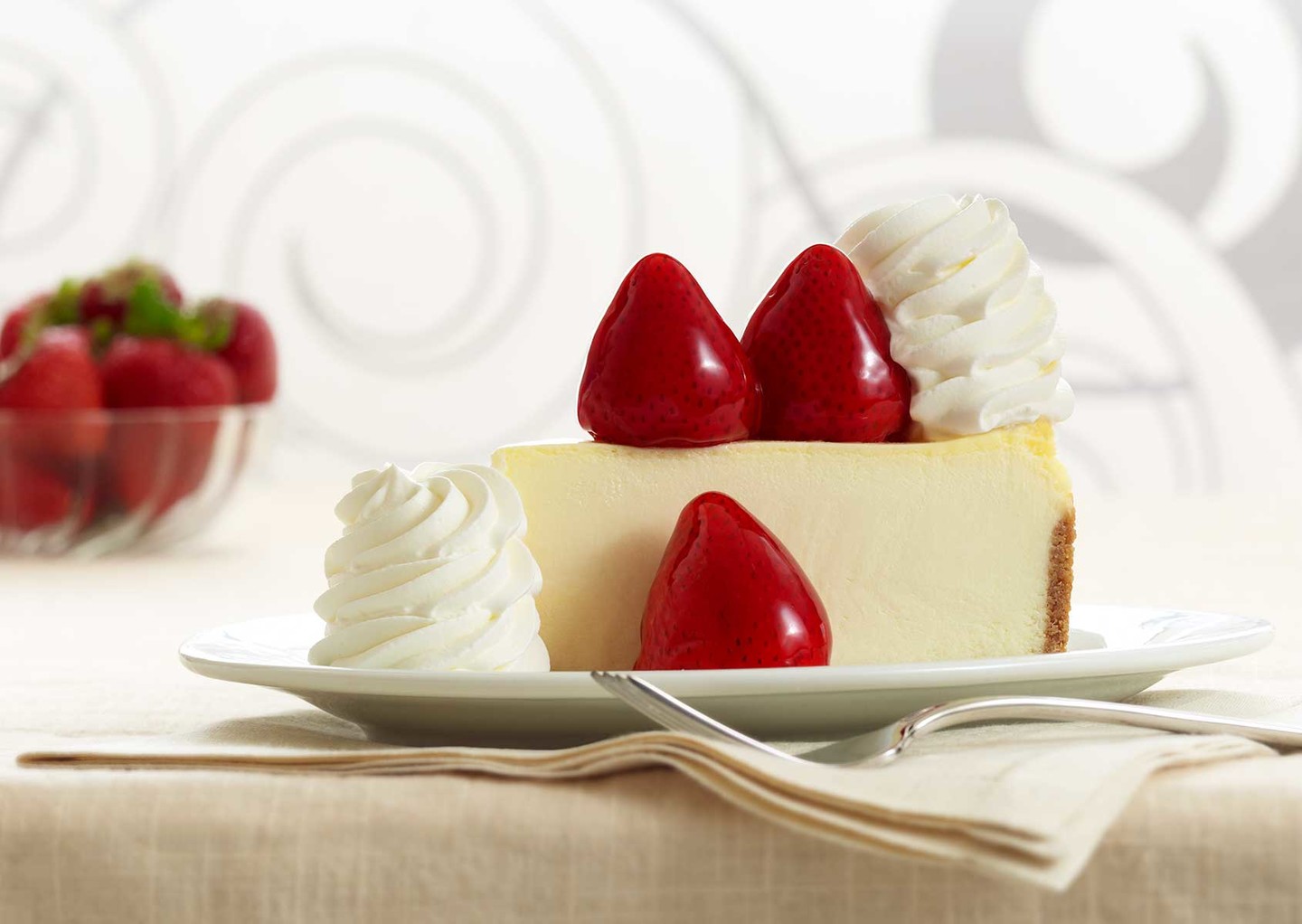


Corporate Social Responsibility
Our Values in Action
For us, the term “CSR” informs how we operate in relation not only to the environment but also to the food we serve, the staff members we employ, and the communities in which we are located. Becoming a sustainable company requires an open mind and a lot of hard work and patience. No company is 100% there yet! Every day, and at every level of our business, we continue to find ways to reduce our impact on the planet. We ask tough questions about how and where we can improve. These conversations force us to challenge the status quo—to innovate sustainably and look for ways to make a positive impact.
Sustainability Starts With Really Good Food
But we don’t stop there. We’re committed to something bigger – like how and where we get our ingredients and the way we care for people in our restaurants and supply chain. That's why our Sustainable Sourcing Policy is founded on the principles of social, animal welfare, and the environment. See our Corporate Social Responsibility reports to learn more.


Corporate Social Responsibility Reports
Please see our Corporate Social Responsibility reports below to learn more about our efforts.



